Learn how our proprietary IntelliBoost® technology delivers strong, reliable cellular signals everywhere you need them.

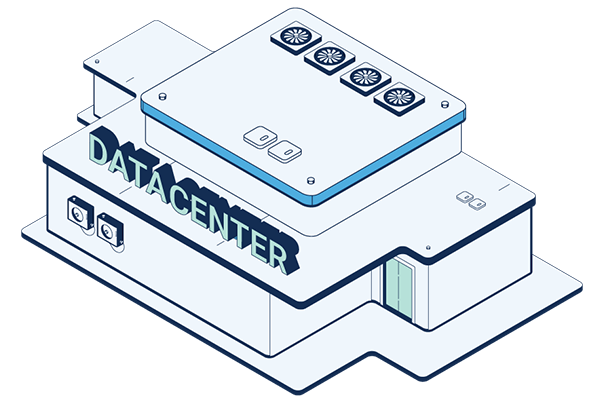
Blanket every corner of your factory, warehouse, or distribution center with a strong, reliable cellular signal. The people, systems, equipment, and devices trying to stay connected will thank you. You’ll also be readying your facility for Industry 4.0 – taking the first step in building a robust connectivity core.


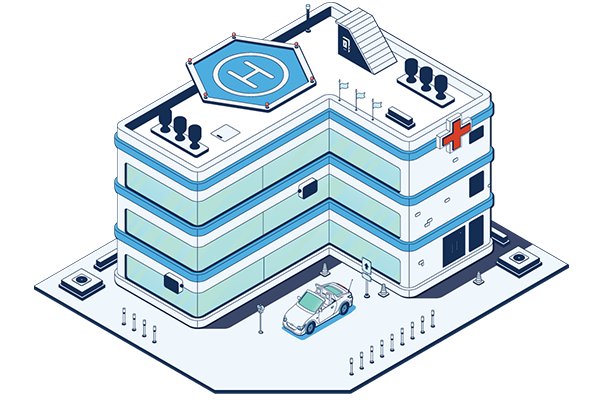
The most comfortable bed, warmest shower, fluffiest towel, or delicious meal is quickly forgotten when your guests have to go out outside to make a call. Be a great host and keep your guests connected throughout your property.

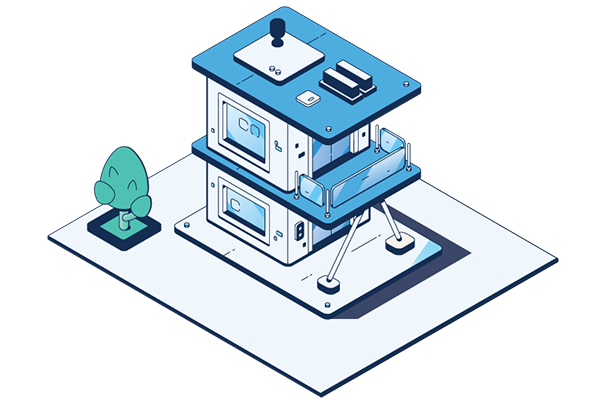
From here to there and everywhere in between, customers, guests, employees, and residents want seamless reliable cellular coverage. EV Charging Stations, payment systems and kiosks, and people in parking structures and elevators all function better when they are securely connected.
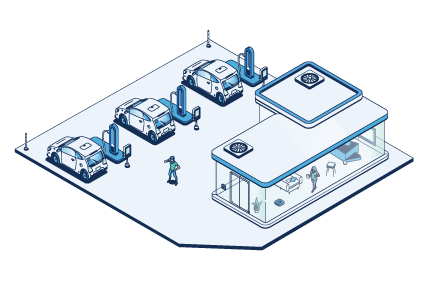
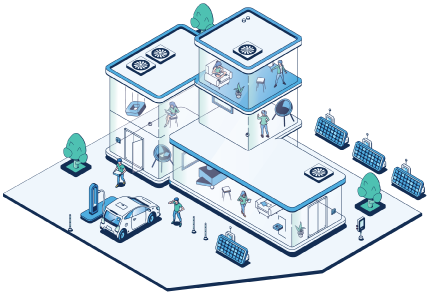

On the road, off the road, in a boat – whether you’re on vacation, on the job, moving freight, or out on patrol – it’s better when you don’t have to worry about a signal. Maintain critical communications or check in at home anytime with our powerful signal boosters.

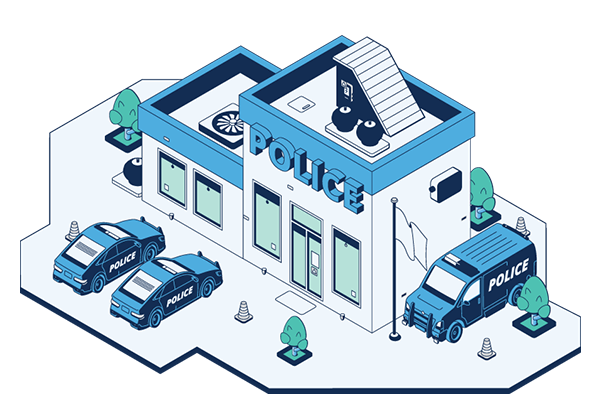
Simplify the process of adding a private network with Nextivity HARMONY. Our Network-as-a- Service (NaaS) solution is an easy-to-use, low-risk entry point into CBRS private LTE. Let us quickly build your connectivity core at a fraction of the price of other solutions, so you can take advantage of specific private networking applications ASAP.


Blanket every corner of your factory, warehouse, or distribution center with a strong, reliable cellular signal. The people, systems, equipment, and devices trying to stay connected will thank you. You’ll also be readying your facility for Industry 4.0 – taking the first step in building a robust connectivity core.



The most comfortable bed, warmest shower, fluffiest towel, or delicious meal is quickly forgotten when your guests have to go out outside to make a call. Be a great host and keep your guests connected throughout your property.


From here to there and everywhere in between, customers, guests, employees, and residents want seamless reliable cellular coverage. EV Charging Stations, payment systems and kiosks, and people in parking structures and elevators all function better when they are securely connected.



On the road, off the road, in a boat – whether you’re on vacation, on the job, moving freight, or out on patrol – it’s better when you don’t have to worry about a signal. Maintain critical communications or check in at home anytime with our powerful signal boosters.


Simplify the process of adding a private network with Nextivity HARMONY. Our Network-as-a- Service (NaaS) solution is an easy-to-use, low-risk entry point into CBRS private LTE. Let us quickly build your connectivity core at a fraction of the price of other solutions, so you can take advantage of specific private networking applications ASAP.

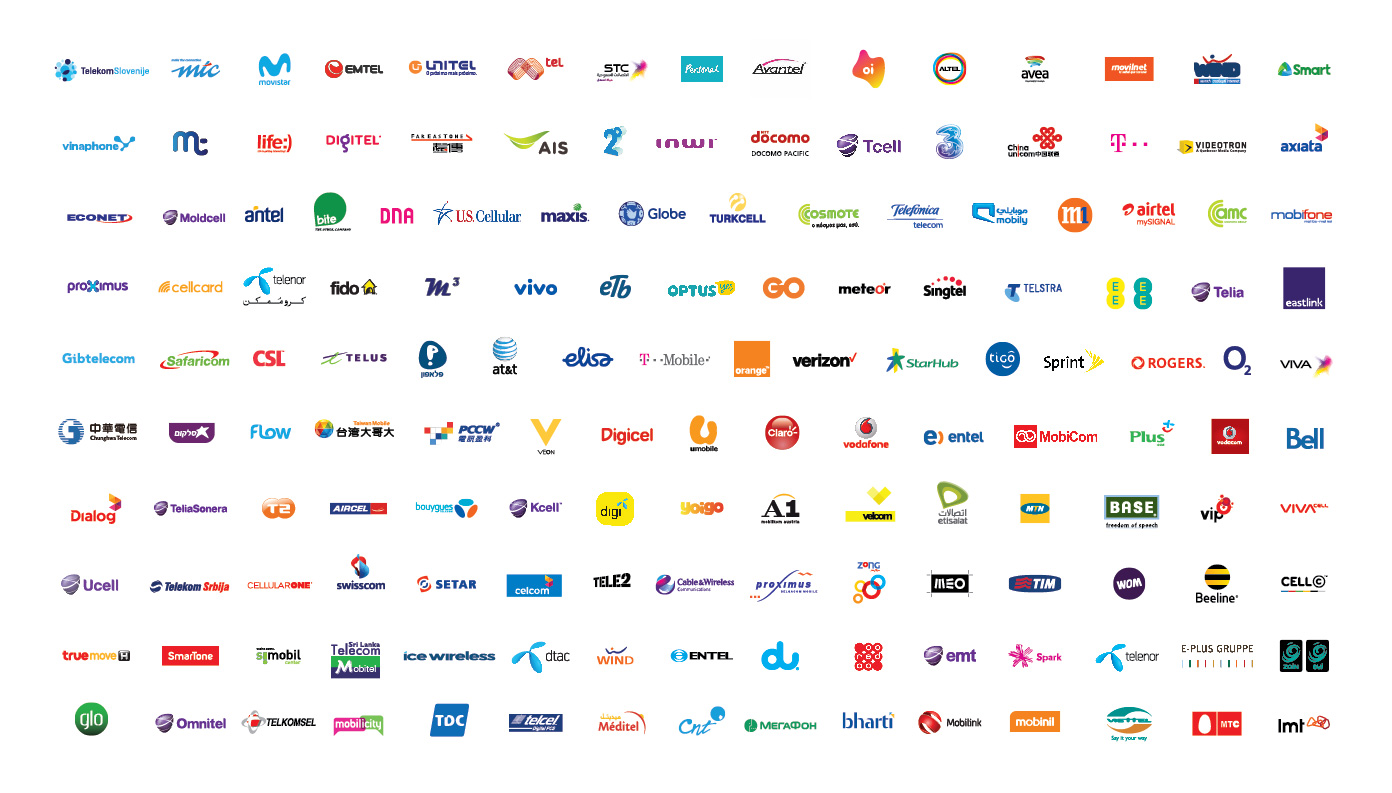

Keeping people connected through the world’s smartest cell phone signal boosters, public safety communication systems, private networking solutions, and HPUE devices. Powered by proprietary IntelliBoost® technology.
16550 West Bernardo Drive
Building 5, Suite 550
San Diego, CA 92127
+1 (858) 485-9442
[email protected]
©2024 Nextivity, Inc.